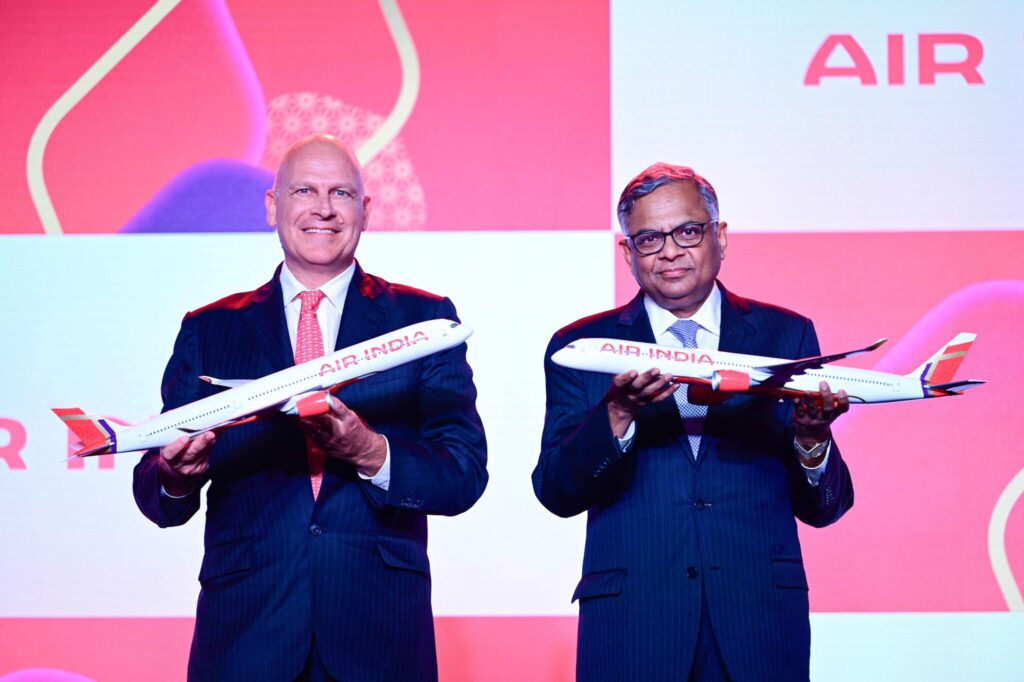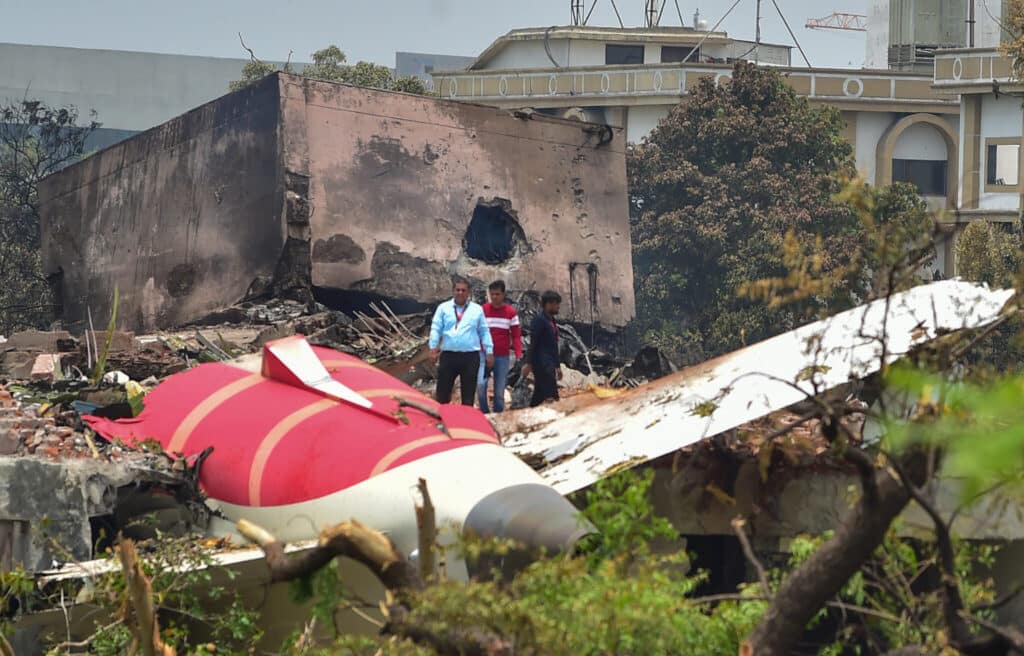Air India has confirmed that financial compensation will be provided to the families of those who lost their lives in the crash of Flight 171—now considered India’s most devastating aviation disaster in more than a decade. The nation is still reeling as grief settles in, and a sweeping investigation involving both domestic and international agencies begins to take shape.
The Boeing 787-8 Dreamliner had barely lifted off from Ahmedabad’s Sardar Vallabhbhai Patel International Airport on Thursday, June 12, when it tragically plunged into a residential neighborhood in Meghani Nagar. Bound for London, the aircraft was carrying 242 people—230 passengers and 12 crew members. Just one person survived. The crash not only decimated the flight but also flattened a hostel for medical students and sparked a deadly blaze that engulfed the area.
The current death toll stands at a staggering 274, including 29 people on the ground. The victims include future doctors, local workers, and a pregnant woman—lives lost in an instant.
“This is not a gesture,” said Air India CEO Campbell Wilson in a public statement, “but a commitment to stand by the families in their hour of unimaginable grief.”
Each victim’s family will receive over ₹1.25 crore in compensation—equivalent to roughly £106,000 or $133,000—on top of the ₹1 crore previously promised by Air India’s parent company, Tata Sons.
While compensation offers a degree of financial support, the emotional devastation remains immeasurable. Efforts are now focused on identifying victims, reuniting families with remains and belongings, and providing urgent logistical and psychological support. Air India has dispatched over 100 caregivers and 40 engineers to Ahmedabad to assist with the aftermath. Support centers are now operational in key cities including London, Delhi, Mumbai, and Ahmedabad.
At the crash site, investigators are piecing together the final moments before the plane fell from the sky. Flight 171’s captain, Sumeet Sabharwal, managed to issue a chilling distress call:
“Mayday… no thrust, losing power, unable to lift.”
The aircraft reached only about 650 feet before plummeting into the densely populated residential area. Attempts by air traffic control to reconnect went unanswered. Black boxes—the flight data and cockpit voice recorders—have been recovered and are under analysis, expected to play a crucial role in revealing what went wrong in those final seconds. UK aviation experts have now joined Indian authorities in a wide-ranging investigation that could take months. Mechanical failure has not been ruled out.
Meanwhile, at Ahmedabad’s Civil Hospital, families are enduring the unimaginable. The process of identifying charred remains is slow and painful. DNA testing has become the only reliable method.
“We’ve given our samples, but no one can tell us when we’ll get them back,” said Anil Patel, who lost both his son and daughter-in-law. “I just want to take them home.”
Anil had already buried his wife six years ago. Now, his children—his last remaining family—are gone.
Hospital officials insist they are moving as quickly as possible, but the scale and condition of the remains make it a difficult, painstaking task. “We have to cross-verify each DNA sample with extreme caution,” said one administrator. “We owe that certainty to the families.”
In response to the crash, the Directorate General of Civil Aviation has ordered a precautionary fleet-wide inspection of all Air India Boeing 787 aircraft. Wilson confirmed that these safety checks are currently underway and being treated with the utmost urgency.
Closing his statement, Wilson’s voice conveyed a sorrow shared by many across the nation:
“All of us at Air India are devastated by this loss. We mourn with the families and are committed to doing everything we can to honour those we’ve lost.”
As a nation mourns and answers slowly begin to emerge, the scars of Flight 171 will be long-lasting—for the families, for the airline, and for the country.







